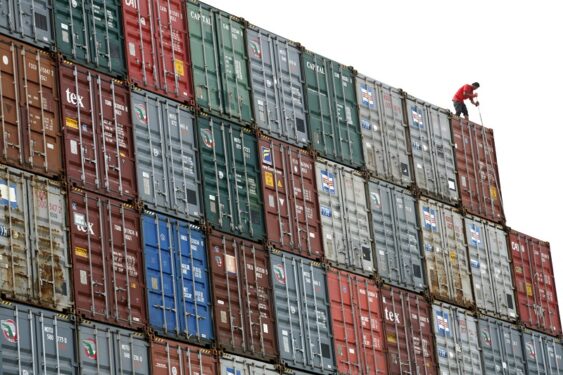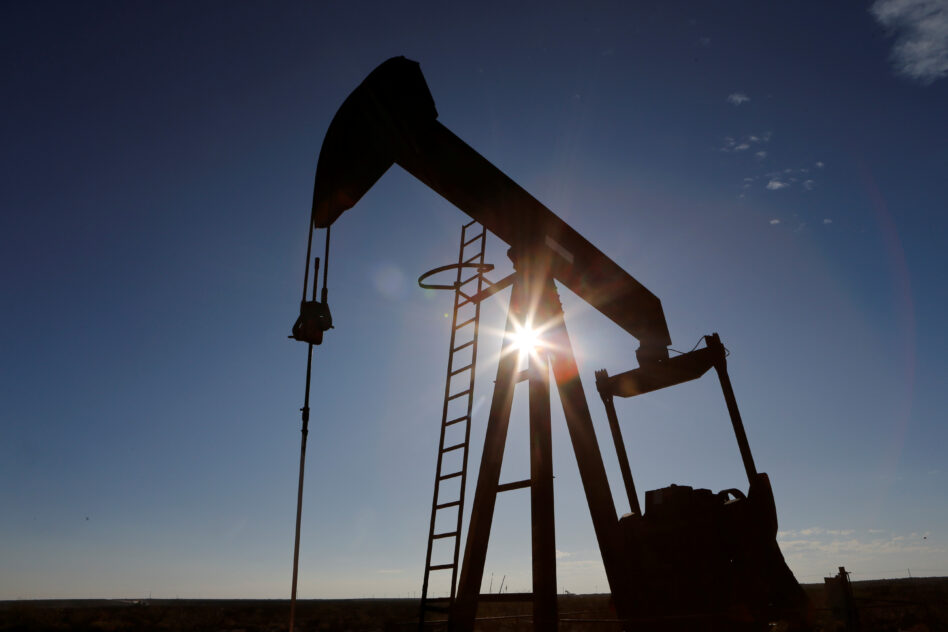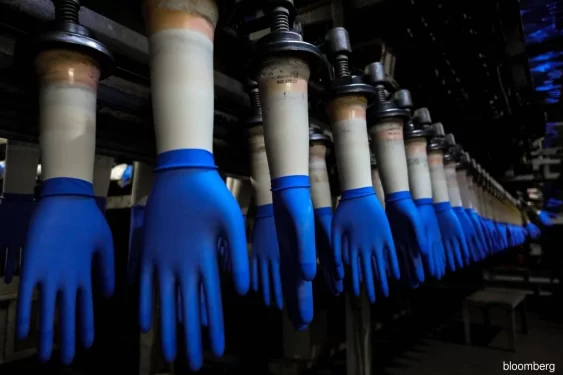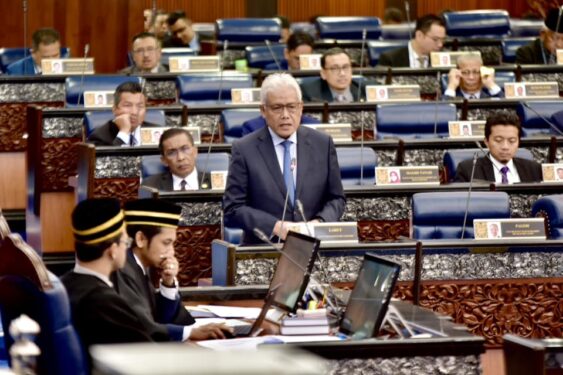In the last article, we spoke about how corporate developed “carbon neutral” pledges are hollow and would take advantage of developing countries’ precious resources to camouflage its sinister motives.
Here, we will like to address several issues plaguing developing countries and how they can come up with their own solutions to help mitigate the climate crisis.
Cross-sectoral decarbonisation and a just transition for Malaysia
From the climate equity perspective, developed countries have overused their share of the carbon budget, and their relentless push for a distant net zero commitment and carbon markets distracts us from pursuing real solutions.
The true course of action for developed countries and their corporations is rapid and steep decarbonisation. The focus needs to be on systems change and stopping all forms of extract works.
Limiting temperature rise to 1.5°C requires sharing of the remaining carbon budget in an equitable manner.
Malaysia must do its fair share of real emissions reduction.
However, engaging in carbon markets will simply entangle Malaysia within a system which runs counter to the principles of climate justice and equity, thus hurting, not help, the country and the world at large.
Malaysia needs to initiate a rapid phase-out of fossil fuel power plants and focus on energy efficiency and renewable energy (RE). Replacing coal with gas is not a solution given the state of urgency of the climate crisis.
Real mitigation must take place through deep emission cuts at source across sectors and a plan for a just transition from fossil fuel.
It is noteworthy that the prime minister had mentioned stopping new coal power plants from being built in his 12th Malaysia Plan. This should be put in black and white within the plan as a permanent measure along with halting the expansion of existing coal plants.
Malaysia should invest in proven win-win measures that will not only cut emissions but also protect precious carbon sinks, ecosystems and biodiversity, ensure food security and build community resilience including adaptive capacity.
These measures necessitate decarbonising all sectors, maximising energy efficiency and switching to sustainable RE in order to reach “real zero” (not counting offsets from carbon sinks) in a matter of a few decades while scaling up clean technologies and creating new jobs in our just, new, green economy.
On land use, in particular, actions should include as follows:
- Protecting forests, peatland and other ecosystems;
- Transforming agriculture: shifting from industrial crop and livestock production towards agroecology and agroforestry, reducing consumption of meat, dairy and calories, and cutting down food waste; and
- Strengthening the forest area under indigenous and community land rights.
These three pathways alone have shown the potential to effectively sequester enormous amounts of excess greenhouse gases.
So, rather than pursuing false and inequitable solutions, let us support genuine solutions to the climate crisis that are developed and defined by the people, serve the needs of people and our planet.
We call on the new Government to lead the country in this right direction. – Oct 19, 2021.
The statement was written by the Climate Emergency Coalition of Malaysia.
The views expressed are solely of the author and do not necessarily reflect those of Focus Malaysia.










